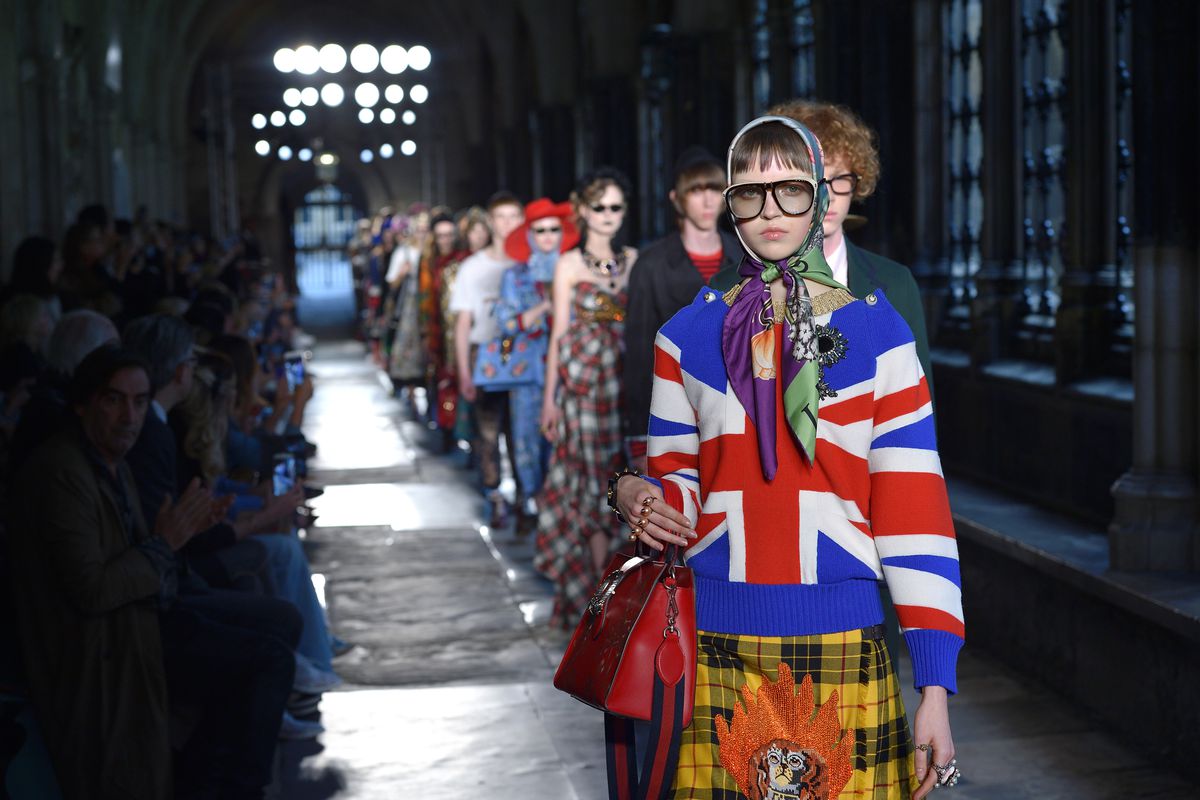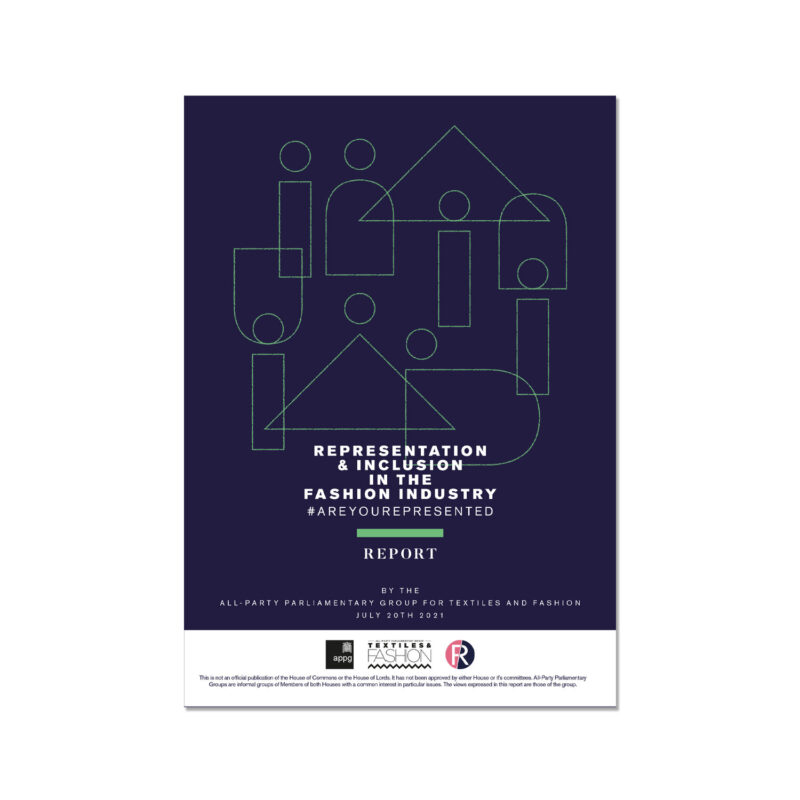According to a recent Fashion Roundtable study, marginalised individuals in the business are underpaid, treated unjustly, and frequently experience racial prejudice.

It’s hard to believe that this time last year, we were living amongst global protests in the aftermath of George Floyd’s death. In light of the event, individuals and corporations began to examine their own responses to systemic racism. According to a survey conducted by the Fashion Roundtable, however, new findings suggest that prejudice persists in British fashion.
One year after the George Floyd protests, Black and POC creatives in the fashion industry still believe that a greater emphasis on diversity and inclusion is necessary. A segregated industry is forcing fashion workers into freelance work and recent data indicates that equality in the British fashion world is truly not on the rise. According to a study conducted by Fashion Roundtable and the All-Party Parliamentary Group for Fashion and Textiles, discrimination is rife within the British fashion sector.
The All-Party Parliamentary Group For Textiles and Fashion
The industry advocacy group Fashion Roundtable works in partnership with the All-Party Parliamentary Group for Fashion and Textiles to present the report.

The Textiles and Fashion All-Party Parliamentary Group (T&F APPG) advocates innovative design, British heritage brands, fashion manufacturing, retail, creative talent, and business growth and trade. It was re-established in 2018 to promote the UK fashion sector and is led by Dr Lisa Cameron MP. She says (of the report),
“Our recommendations serve as a roadmap towards an even more inclusive and successful UK fashion industry.”
Source: Fashion Roundtable
This fashion industry is a substantial asset to the UK’s economy and is the largest of its creative sectors. It is responsible for the production of almost 1 million jobs prior to the pandemic, serving as a major employer spanning manufacturing, retail, and fashion professions across the UK’s four nations.
The research gathered regarding Inclusion & Representation, examines the role of fashion industry professionals. It also accounts for the effects that a perceived lack of diversity has, not only on the individual but also its economic impact on companies’ commercial income and the wider economy.
A Realm That’s Inflexible, Oppressive and Unattainable

Lack of diversity has more than simply an economic impact; it also has social and wellbeing consequences. Lottie Jackson, fellow roundtable associate states within the report that,
“There has been a historical tendency for beauty standards — the very idea of what constitutes beauty — to descend into a realm that’s inflexible, oppressive and unattainable. Rather than promoting individuality, fashion has often become a negative force, imposing dictatorial (and sometimes dangerous) mandates on how we must look. Mandates that have traditionally ignored, erased or silenced minority perspectives — in terms of race, ability, gender, age and religion.”
Source: Representation and Inclusivity in the Industry Report
Despite the fact that the study focuses on the UK market, the findings indicate larger, industry-wide issues. The resurgence of the Black Lives Matter movement last year sparked broader conversations about discriminatory practices in the fashion industry worldwide. Whilst many companies have pledged to do better, actual progress on the issue has been inconsistent. Through research and advocacy, Fashion Roundtable aims to elevate the fashion industry’s visibility on the UK government’s policy agenda.
Essential Reforms
The findings serve as a sharp reminder of the sector’s lack of progress in relation to disadvantaged workers, within the sector. According to the data, 83 per cent of people agree that the government should play a more active role in bringing about change.
The research identifies ten essential reforms, such as transparent wage reporting and diversity inside businesses, as well as scholarships and grants to allow marginalised persons to enter the sector.
Read the full report here.
Subscribe to FIB’s Weekly “Breaking News” Report for your weekly dose of music, fashion and pop culture news!







